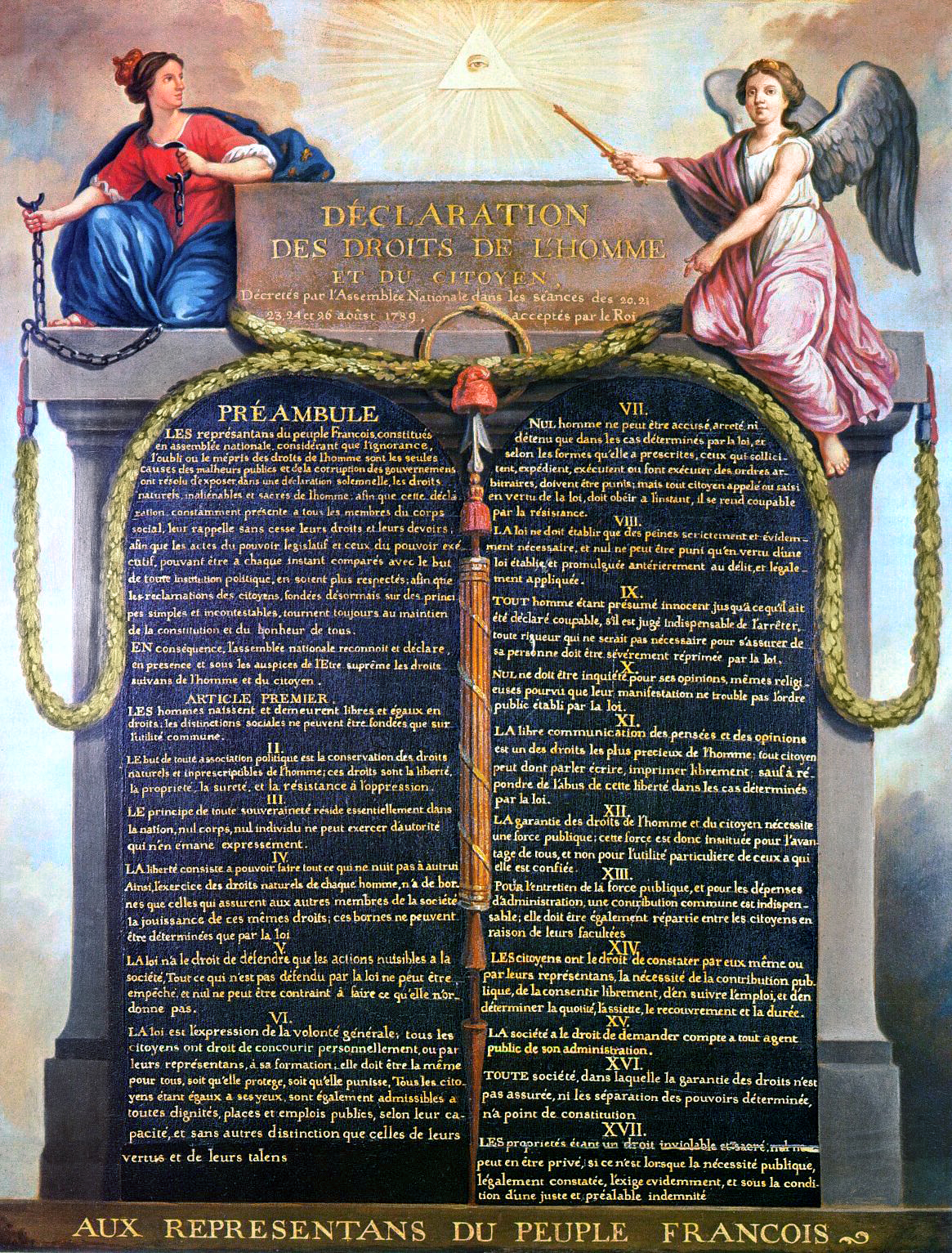
Human Rights are often assumed to have a precise twentieth-century origin in the 1948 Universal Declaration or in the succeeding decades of increasing activism. However, the history of human rights discourse and its practical impact emerged as only the latest stage of a sequence of intellectual debates and real-life struggles in specific historical settings over political, religious, economic rights, broadly defined. This course seeks to explore an (inevitably selective) range of these historical contexts in order to demonstrate the continuity of perennial themes of conflict between the claims of individual actors and corporate institutions, whether states, churches, empires or other institutions, while also showing how and when key changes take place in the recognition of rights of political action, conscience, property ownership, gender identity and workers’ rights etc. In each session a contrasted selection of contemporary writings is studied to recover the intellectual framework of the discussion and the role of the dispositive political, social, and economic circumstances of the debate are also considered.
